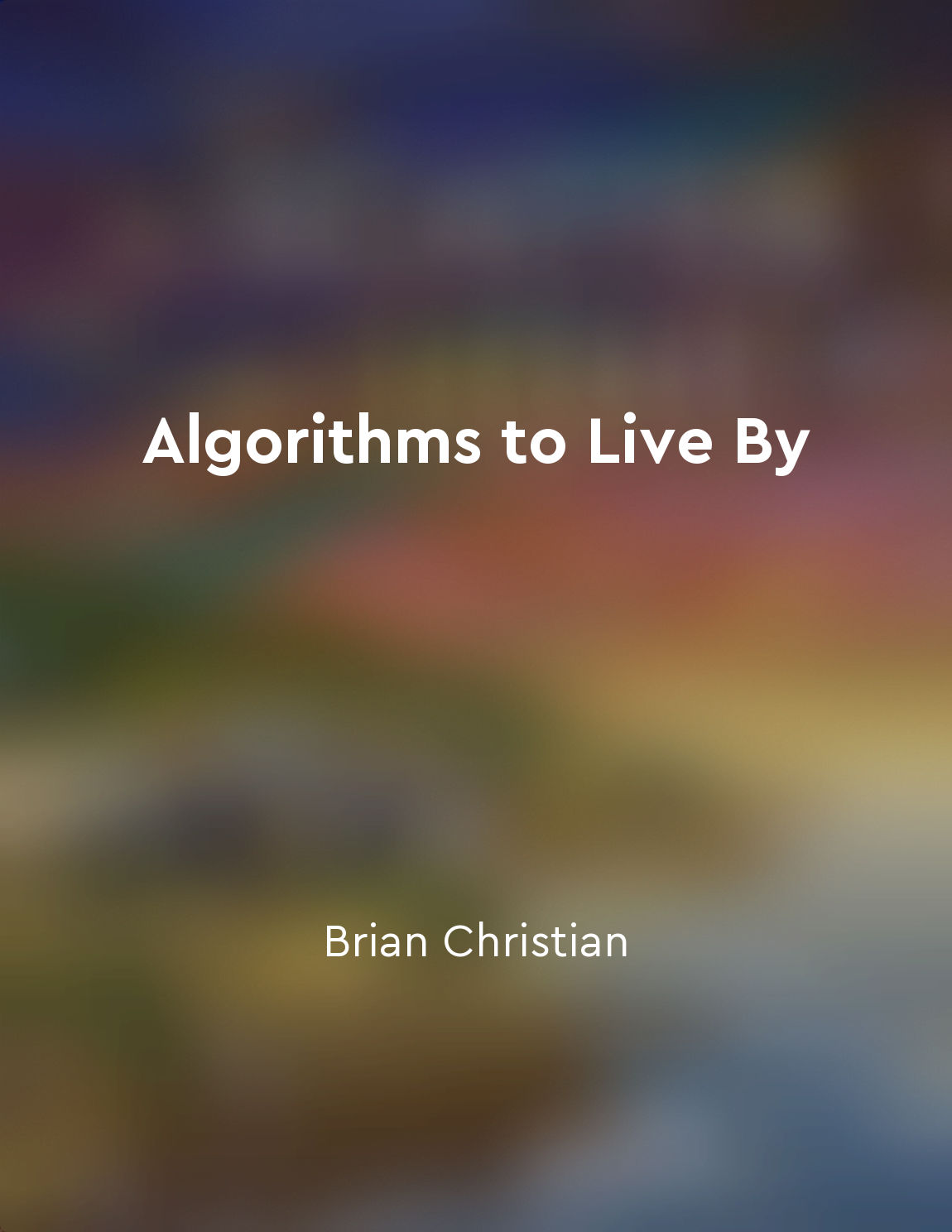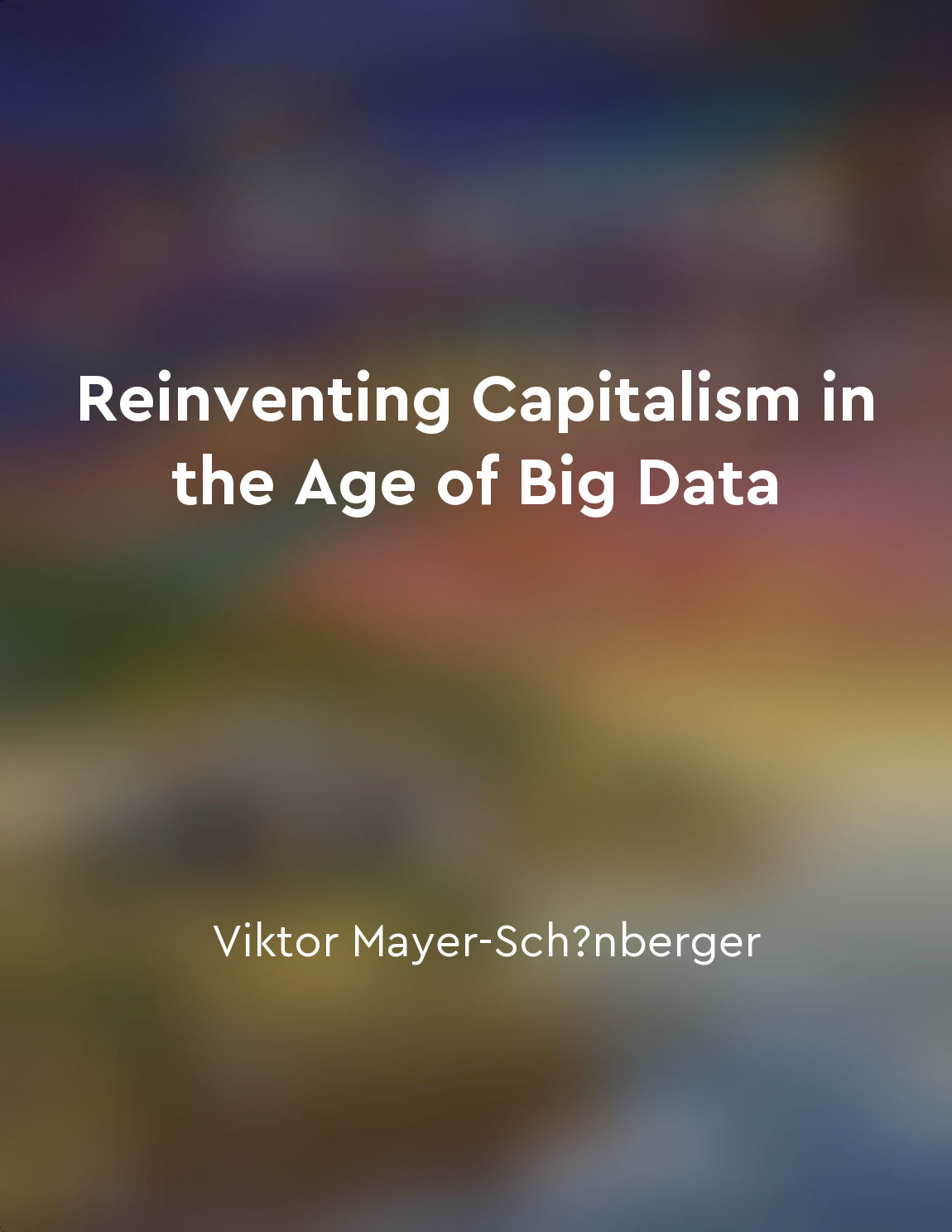Algorithms influencing criminal justice system from "summary" of Automate This by Christopher Steiner
Algorithms have made their way into nearly every facet of our lives, including the criminal justice system. These complex mathematical formulas are now being used to predict the likelihood of someone committing a crime, determine bail amounts, and even sentence individuals. While the idea of using algorithms in the criminal justice system may seem like a step towards a more objective and fair process, the reality is far more complicated. The use of algorithms in the criminal justice system can lead to a number of unintended consequences. For example, algorithms may perpetuate existing biases and inequalities. If the data used to train these algorithms is biased, then the outcomes produced by these algorithms will also be biased. This means that certain groups of people may be disproportionately targeted or treated unfairly by the criminal justice system. Furthermore, algorithms are not infallible. They are only as good as the data they are trained on, and they can make mistakes. In some cases, these mistakes can have serious consequences for indi...Similar Posts
The future of AI is uncertain but filled with possibilities
The path ahead for artificial intelligence (AI) is shrouded in uncertainty, yet it holds a vast array of potential outcomes. Th...
The mind becomes lazy with technological assistance
As we come to rely more and more on technology to perform tasks that used to require our full attention and effort, our minds a...

Game theory can help us understand strategic interactions between rational decisionmakers
Game theory offers a framework for understanding how rational decision-makers interact strategically. It provides a way to anal...
AI should prioritize human wellbeing over all else
The fundamental principle underlying the design of AI systems is that they should prioritize human wellbeing above all else. Th...
Blockchain technology
In the realm of information technology, blockchain technology is often held up as a kind of panacea, a solution to a wide range...
The environment plays a significant role in shaping our behavior
The environment is a powerful force that shapes our behavior in ways that we may not even realize. From the moment we are born,...

Humans are becoming more like gods, with the power to shape their own destinies
In ancient times, humans worshiped gods who controlled their fate and determined the course of their lives. These gods were bel...

Indigenous rights are often disregarded
The history of the United States is rife with examples of Indigenous rights being ignored and violated. From the moment Europea...

The role of government in data regulation is debated
The ongoing discussion surrounding government involvement in regulating data is a point of contention among various stakeholder...
Universe expands continually
The idea that the universe is constantly expanding might seem counterintuitive at first. After all, we tend to think of the uni...
